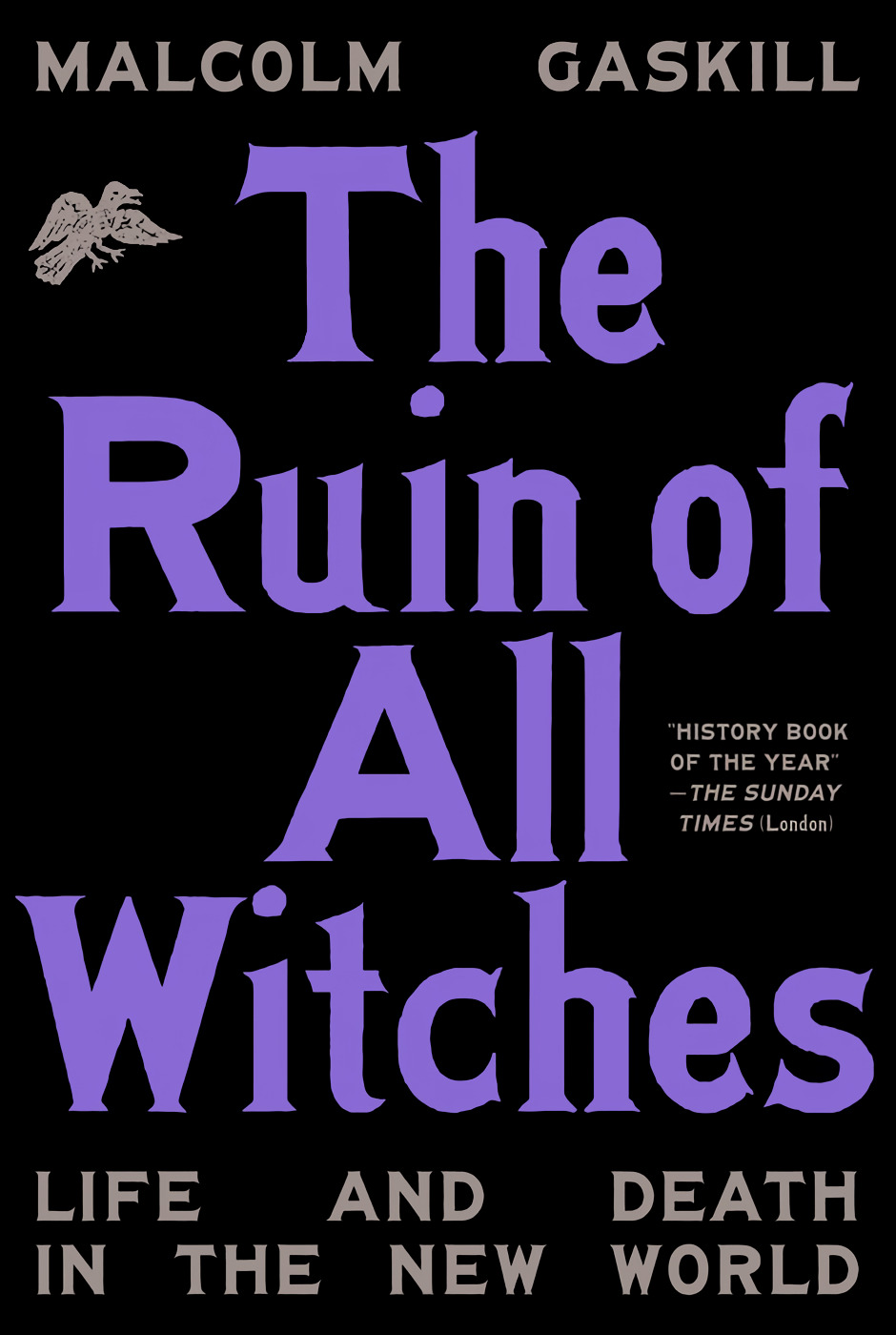It was 1645, when brick-maker Hugh Parsons and his wife Mary were charged with witchcraft. Settlers in New England had been rocked by news of the Civil War back in the old country. And cracks were emerging in the theological system that had been established by the Puritan authorities. Unlike some towns in New England, where entire parishes had upped sticks and emigrated, Springfield’s population was a diverse collection of people from different parts of Britain. They came with their own belief systems and habits, and presumably prejudices, carried along with them. The town father, William Pynchon, had to attempt to steer this ship of souls with the assistance of the local minister.
Life was hard, and many struggled. As back in Britain, infants born in this new world died with depressing regularity. Families faced the vicissitudes of crop survival, and clung to a grim livelihood, believing at least in a Calvinistic predestination. Hugh had a marketable trade, but still found it hard to stay out of debt. He also seems to have been something of a strange fellow. He was constantly dropping in on his neighbors uninvited, for no other reason than to sit at their table and have a smoke. Was he bored? Nosy? Oblivious to social cues? Who knows?
But this kind of ambiguous behavior could add up in a case about someone being a witch. As for Mary, she was apparently witch-obsessed. She talked of witches, and accused others before settling the blame on her husband. She was a gossip, he was unreliable in business, and their bad marriage apparently annoyed the town.
Was this enough to make the Parsons witches? Some of the accusations were odd and trivial, like misplaced tools suddenly reappearing. Another man thought Hugh had cursed him to fall from his horse. Some witnesses saw ghostly apparitions, but the most serious charge against Hugh was that he had bewitched his own child to death. Did all the townsfolk truly believe this? As Gaskill points out:
Though wicked, witchcraft was a slippery crime, suspended between fantasy and reality, credulity and skepticism. Most people believed in witches; the thornier question was whether an individual could reasonably be hanged on the testimony of her neighbors.
